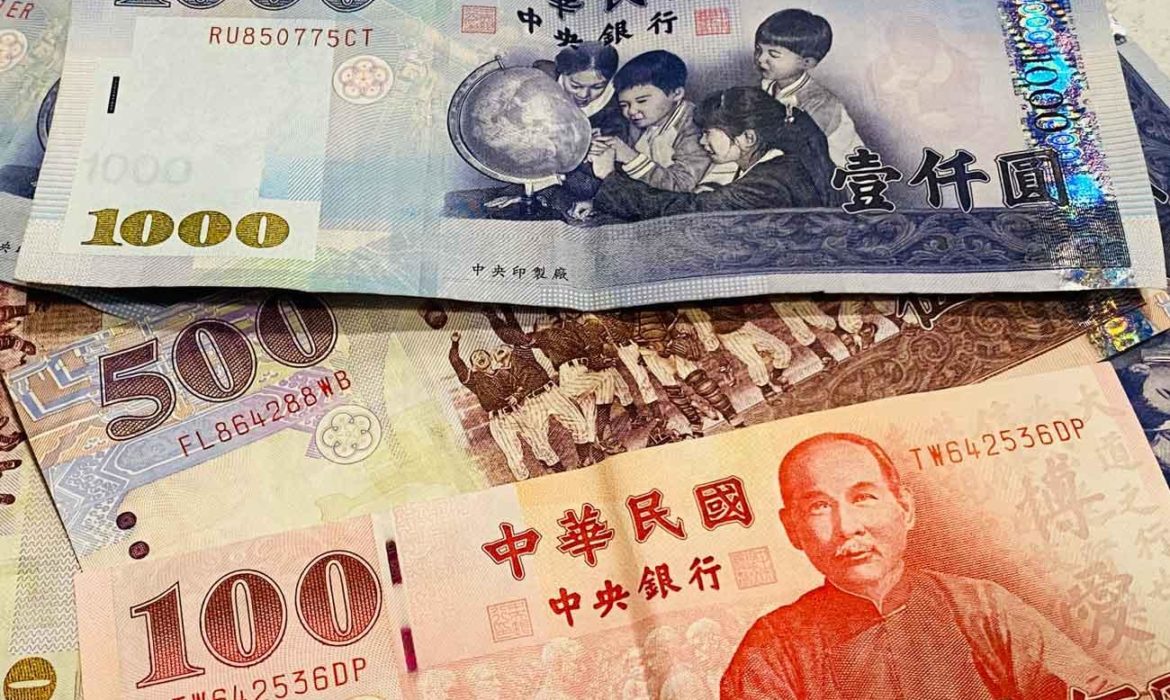Investors re-evaluate optimistic bets on China’s reopening and a recovery in worldwide semiconductor demand. However, Taiwan’s weakening economic prospects might stop the rally for the island’s currency.
The island’s dollar is rising against other emerging-market peers after it appeared that global interest rates are close to reaching their peak. But according to analysts, Taiwan’s deteriorating economic picture and escalating conflict between China and the US pose a threat to future intentions of progress.
What technical indicators have been pointed to so far?
The Taiwan dollar’s headwinds mirror the difficulties faced by its other regional peers. This makes it more likely for the currency to recover in Asia. Falling semiconductor demand will also impact South Korea’s currency. Meanwhile, broader current-account deficits will affect India’s rupee and the Philippine peso.
Stochastics is a momentum indicator. It means it could have trouble making more gains soon. According to its slow numbers, the rally has already pushed Taiwan’s currency into overbought territory versus the dollar. Any rally will have technical resistance of around 29.02 dollars per dollar, which was hit on May 31.
Sensitive economic data will come this week
Taiwan’s electronics industry got a boost from the pandemic. Chipmakers such as Taiwan Semiconductor Manufacturing Co are significant contributors to the economy. Orders for the island’s cutting-edge technology, however, have since declined. Samsung Electronics Co, a TSMC rival, recently warned that the chip sector will not return to profitability until the second half of 2023.
When Taiwan publishes trade numbers this week, investors will get their latest assessment of the island’s economic health. Economists anticipate January exports to fall 20.3% from a year earlier.
Kiyong Seong is a head Asia macro strategist at Societe Generale in Hong Kong. He says Taiwan’s dollar got a lucky rally after being undervalued for a while. As global growth slows and China’s reopening loses prominence as a topic, Seong expects emerging-market currencies to fall in the Q2.
















